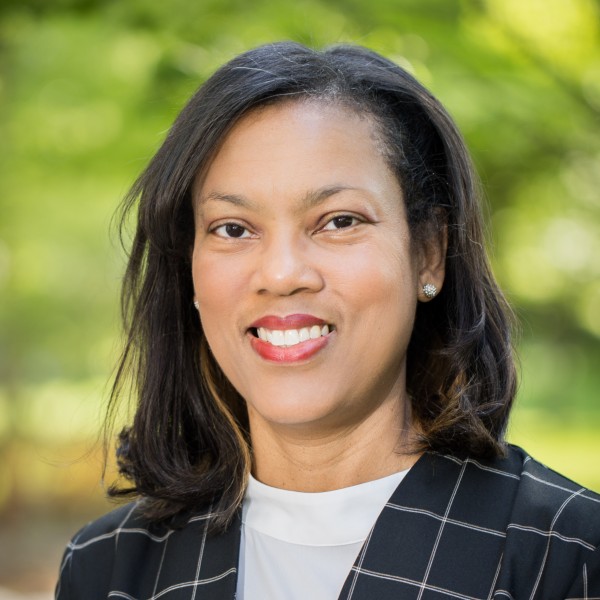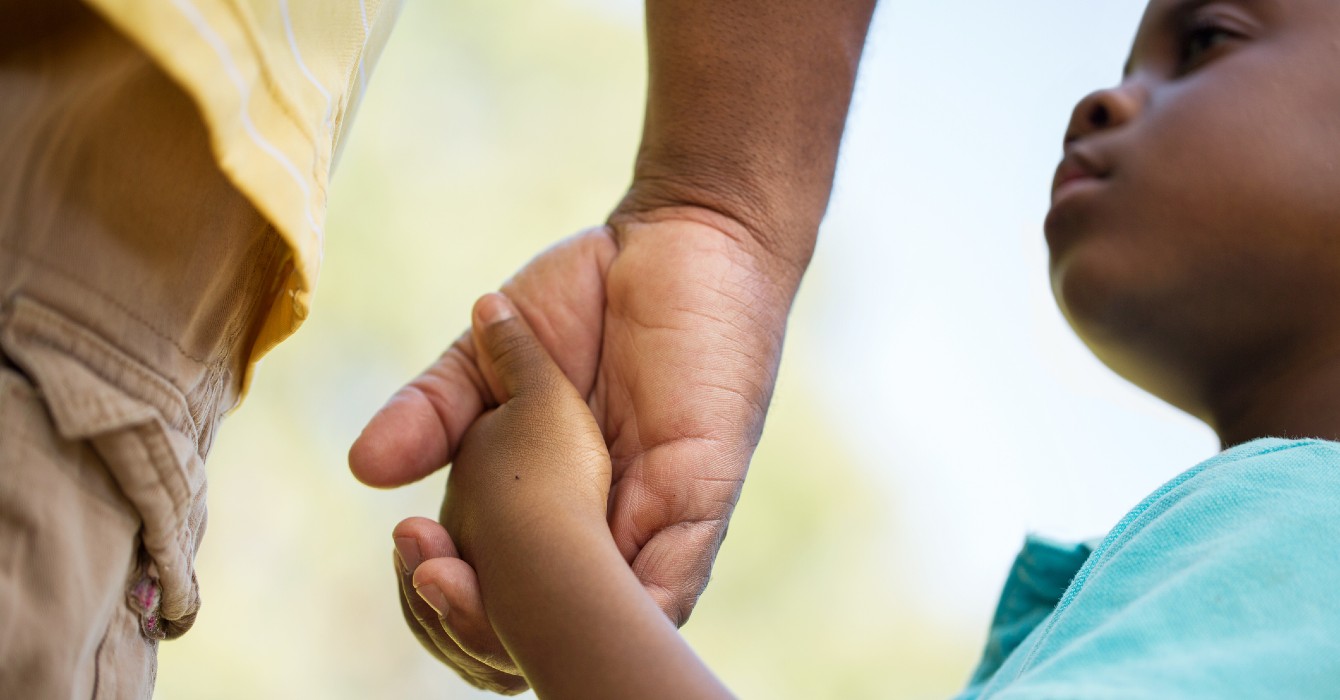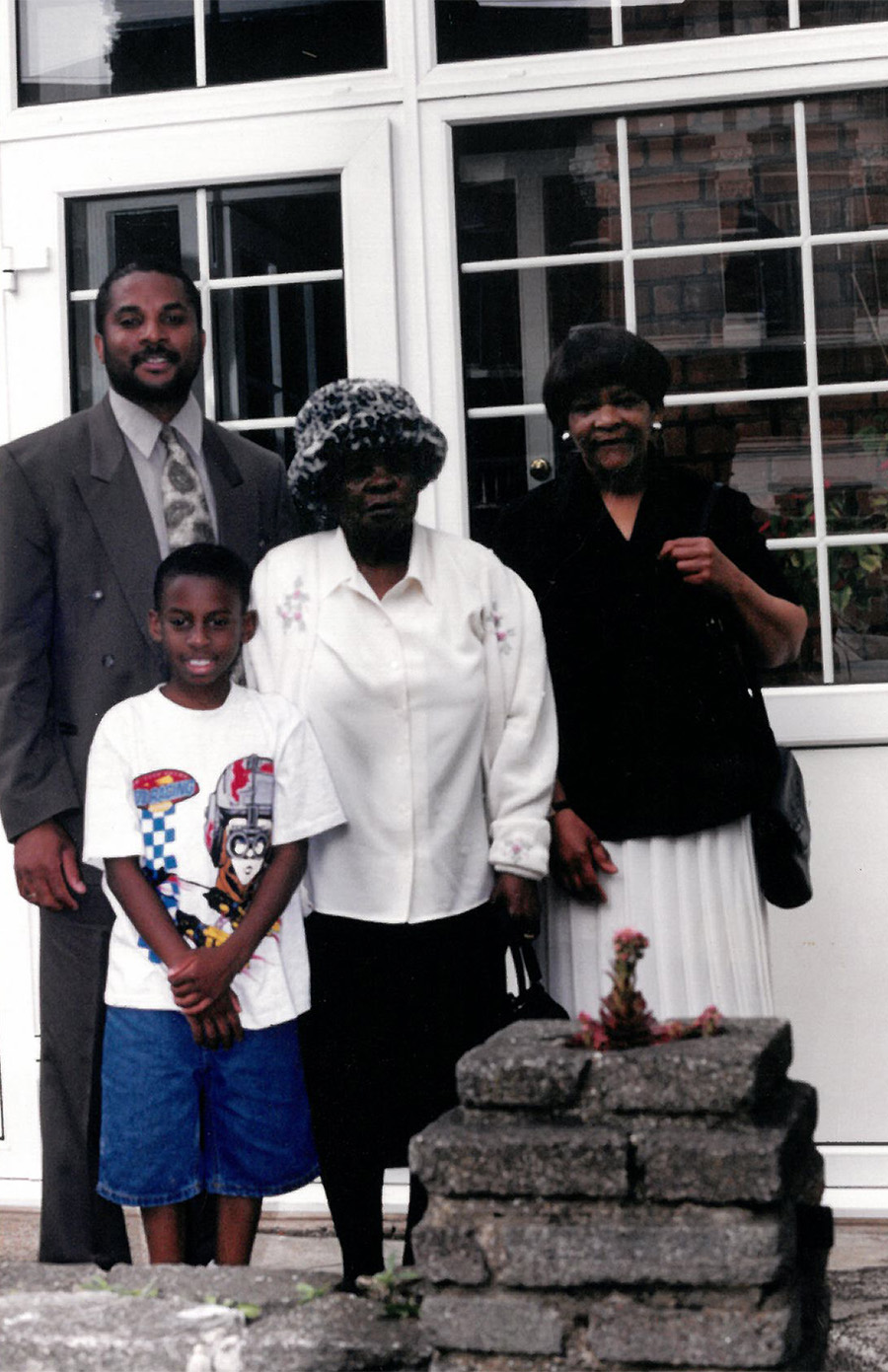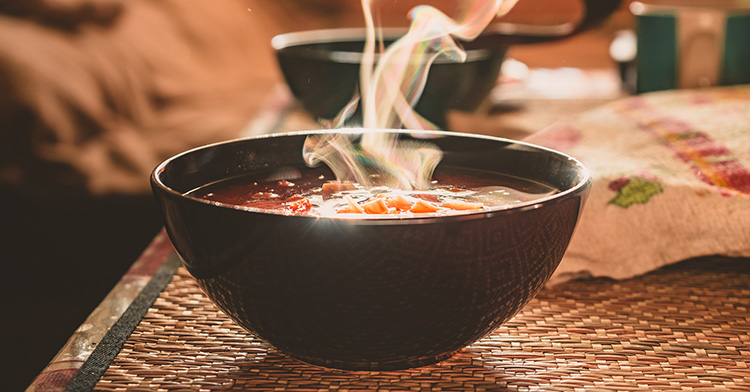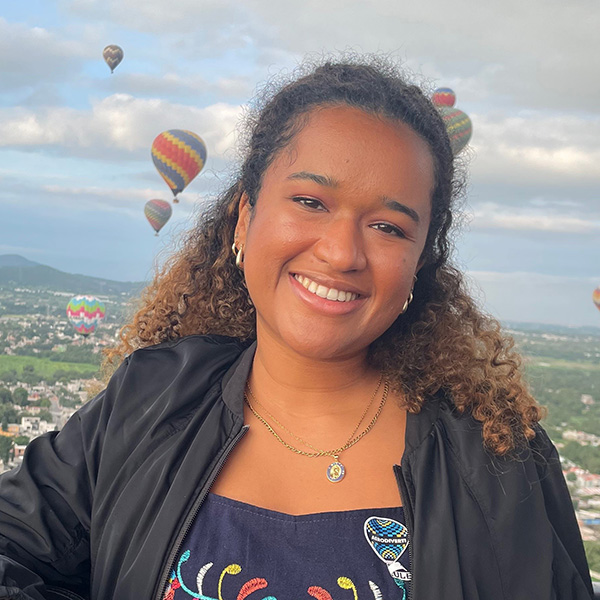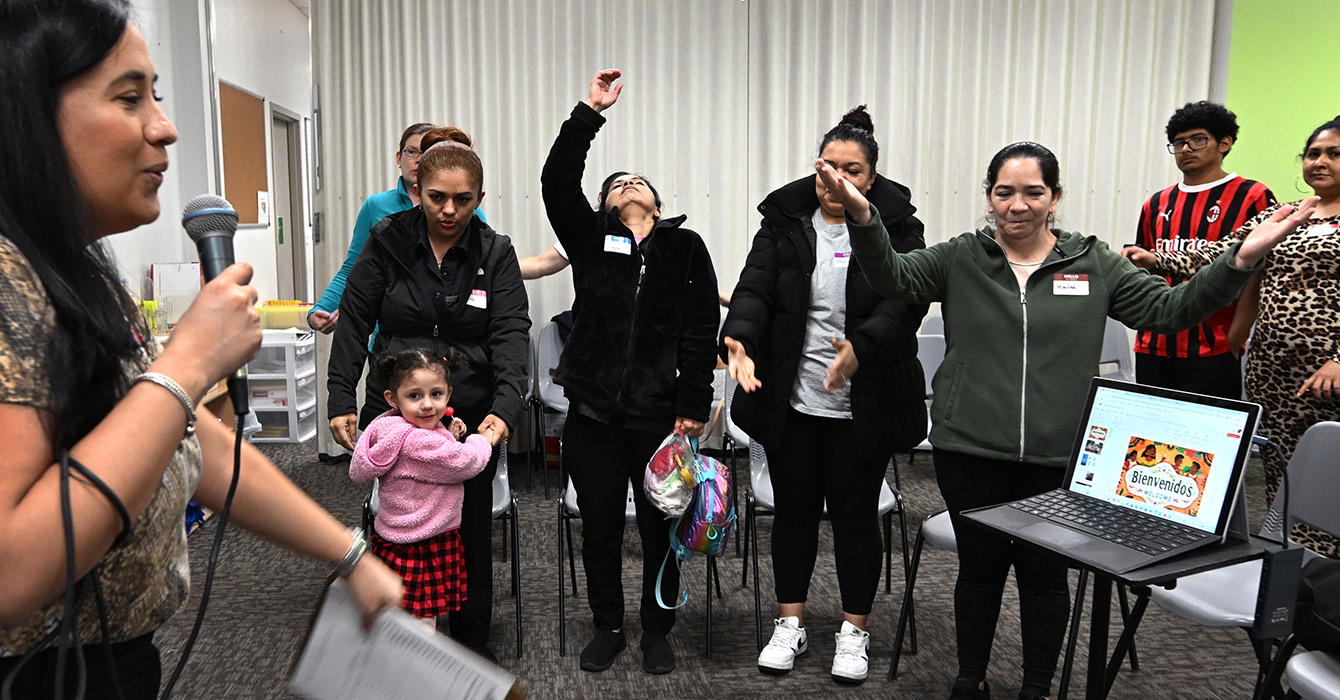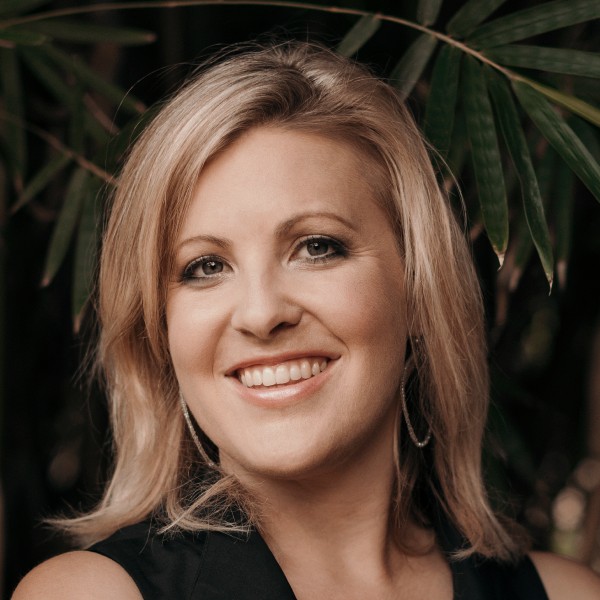In the African American community, August historically marks a time of resistance to the carceral system and systemic injustices. While honoring heroes of the Black freedom struggle, we also fight for equality and justice.
Black August is “a time of reverence to honor political prisoners, freedom fighters and martyrs of the Black freedom struggle,” according to the Center for Constitutional Rights.
Although Black August is not as well known as Black History Month, it’s considered by some to be an alternative to it and is observed across the country. This year marks the 45th anniversary of the commemoration.
It originated in California prisons in 1979 and pays homage to George Jackson, an activist who organized the Black Guerilla Family in San Quentin State Prison while incarcerated there, and who was shot by a guard Aug. 21, 1971. It also marks many milestones in Black liberation, from the Nat Turner Rebellion to the March on Washington.
Commemorations have included open mic nights at such places as Sankofa Video Books & Cafe in Washington, D.C.; book readings and drumming at Pan African Connection and Resource Center in Dallas; and the Pasadena African American Film Foundation’s Black August Film Festival. Durham, North Carolina, hosts Black August in the Park.
Why is this important for us as faith leaders? First, the apostle Paul was arguably a political prisoner. He wrote four epistles to the churches espousing the good news of the gospel from prison. In his first letter to the church at Corinth, Paul admonished them for abusing the Lord’s Supper and gorging on their dinner while the poor were without access to food.
Throughout his Christian life, Paul resisted the Roman government and was jailed several times for his beliefs and for being a “riot starter.” His defiance of a system that persecuted Christians is akin to the resistance of freedom fighters memorialized in Black August who were standing up for their beliefs, human rights and equality.
Second, as we focus on justice this month, I’d like to highlight one often-overlooked consequence of the U.S. prison-industrial complex: Food insecurity among the children of the incarcerated.
Forty-four million Americans are food insecure; 13 million of them are children. African American communities are disproportionately affected, with 9 million unable to access enough food for a healthy life. Nearly a third are children.
Children who have an incarcerated parent are at an even higher risk and are one of the most vulnerable groups in the system. About 1.5 million children have a parent in prison; nearly 1 in 5 youth with a currently incarcerated parent experienced recent food insecurity, a rate that is 7.5 times higher than for peers whose parent was never incarcerated, according to RTI International. Indeed, having a parent in prison is considered an “adverse childhood experience” that is more common than asthma.
The problems continue once the parents are released: Children with a parent who was formerly in jail or prison have rates of food insecurity four times higher than their peers, RTI International reported.
While racism, structural systems of oppression and poverty accelerate the numbers, we cannot overlook the carceral system as a factor in food insecurity for children with parents in prison.
In many states, for example, Supplemental Nutrition Assistance Program (SNAP) benefits are cut off if the primary beneficiary is incarcerated, and the benefits can be difficult to reinstate.
Black August also is about bringing attention to what food justice activist Karen Washington calls food apartheid. She takes an intersectional approach that examines race, faith and economics within the systemic structures that give some communities access to healthy food which under-resourced communities lack.
Today, grassroots food justice organizations, mutual aid societies and community leaders are bringing attention to the root causes of food insecurity and to resist the interlocking systems of prison, racism and the discriminatory practices and policies that contribute to food apartheid.
For any question about what God requires of us as faith leaders, the answer is found in the clarion call posed by the prophet Micah: “He has told you, O mortal, what is good; and what does the Lord require of you but to do justice, and to love kindness, and to walk humbly with your God?” (Micah 6:8, NRSV)
Doing justice evokes a spirit of activism, or what I call acts-tivism. There are ample opportunities, including letter-writing events with Bread For the World, connecting with nonpartisan grassroots movements like Faith in Texas, supporting the Children’s Defense Fund or NETWORK Lobby for Catholic Social Justice. I believe that we have an ecclesial responsibility to show up in the fight for food freedom.
Black August is a reminder of Black people’s struggle and resistance to the prison-industrial complex and invites solidarity and allyship in the spirit of the apostle Paul, Jesus, Nelson Mandela and other political prisoners who were freedom fighters. We must resist together, lifting up the voices of the disenfranchised, the incarcerated – and their children.
This is our advocacy work. In the words of Ella Baker, “we who believe in freedom cannot rest.”

